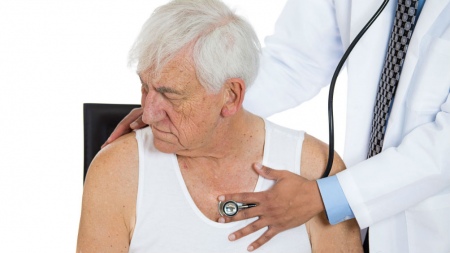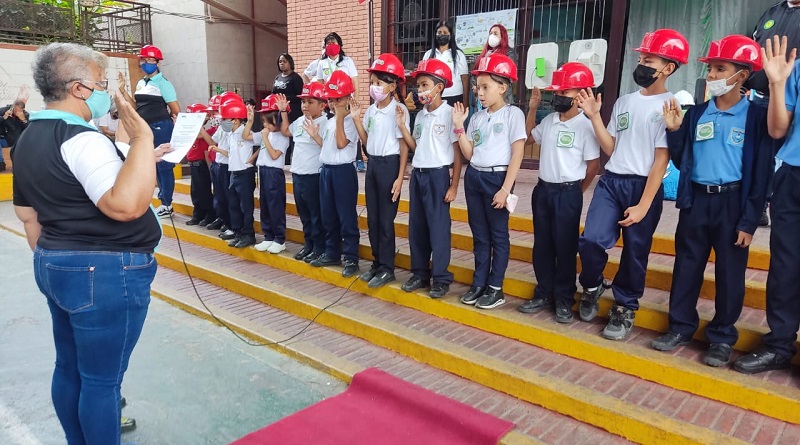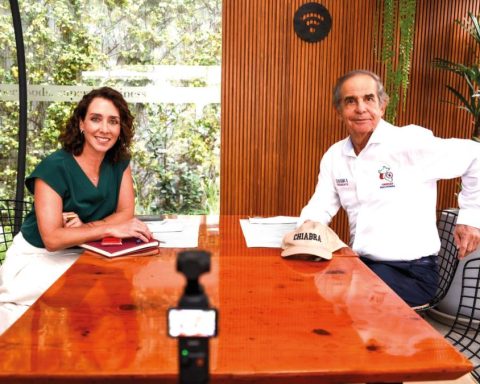Pneumonia is one of the most common infections in the world and can affect people of all ages, with the highest risk groups being young children and the elderly. It is responsible for 15% of all deaths in children under 5 years of age and has a mortality that can reach 20% in healthy adults without underlying pathologies that weaken their immune system.
Despite scientific advances in the diagnosis and treatment of the disease, it has not been possible to control its level of incidence in the population. On the other hand, prevention based on vaccines has shown a reduction in mortality in some types of pneumonia or at least attenuate its aggressiveness.
Adopting a healthy lifestyle and adhering to established prevention standards helps save lives.
What is pneumonia?
It is an acute pulmonary infection that directly affects the alveolar sacs. These sacs have the function of filling with the air that we enter when we breathe, to distribute oxygen to the different organs of our body to fulfill their basic functions. The alveoli of patients with pneumonia are filled with purulent secretions and fluid, which can make breathing difficult and alter the activity of other organs by limiting oxygenation of the blood. This disease can be caused by viruses, bacteria, fungi or parasites.
How is it spread?
Pneumonia can be spread by inhalation through the air we breathe, in droplets expelled by coughing or sneezing. Also due to the aspiration of viruses or bacteria located in the nose or throat that, when entering the lung tissue, generate the infection. Another important route is the blood route, which can generate a more aggressive disease.
Who is more exposed?
* Small children.
* Adults over 65 years.
* Smokers.
* Patients with chronic respiratory, cardiac, hepatic, renal diseases and with functional alterations of the spleen or its surgical removal.
* Diabetics.
* Immunocompromised for various reasons.
What are the main symptoms?
Fever, with temperature records above 38°C, confirmed by thermometer, cough, mucous or purulent expectoration, shortness of breath and stabbing pain in the chest, specifically in the back.
Recommendations to prevent it
We are all exposed to respiratory viruses, particularly the influenza virus, respiratory syncytial virus, and rhinovirus (the common cold virus). On the other hand, the indemnity of the immune system that is threatened by immunosenescence (aging of the immune system) in the elderly, and by multiple factors in others, increases the risk of acquiring pneumonia.
Measures capable of improving the prevention of pneumonia include:
* Properly dispose of tissues.
* Cover your mouth and nose when you cough or sneeze.
* Do not smoke, avoid overcrowding and wood heating, frequently ventilate the house.
* In children: sustain breastfeeding, at least until the baby is 6 months old and keep the vaccination schedule up to date to reduce health complications and mortality from respiratory infections.
* Get vaccinated: there are several types of vaccines that can prevent different types of viral pneumonia that appear in the context of predominantly childhood infections and that are part of the childhood vaccination schedule, such as vaccines against measles, chickenpox and pertussis. In addition, there are 2 other vaccines that are indicated for children and adults with different schedules, the flu vaccine and the pneumococcal vaccine. Adults can also receive these two mentioned vaccines that are present in the national vaccination schedule for adults over 65 years of age and in those with diseases such as heart disease, lung disease, kidney failure, liver disease, diabetes, among others.
The annual flu vaccine and the pneumococcal vaccine are present in the National Vaccination Calendar and are free both in vaccination centers and in public hospitals in the country, for people who have any of the aforementioned indications.
















